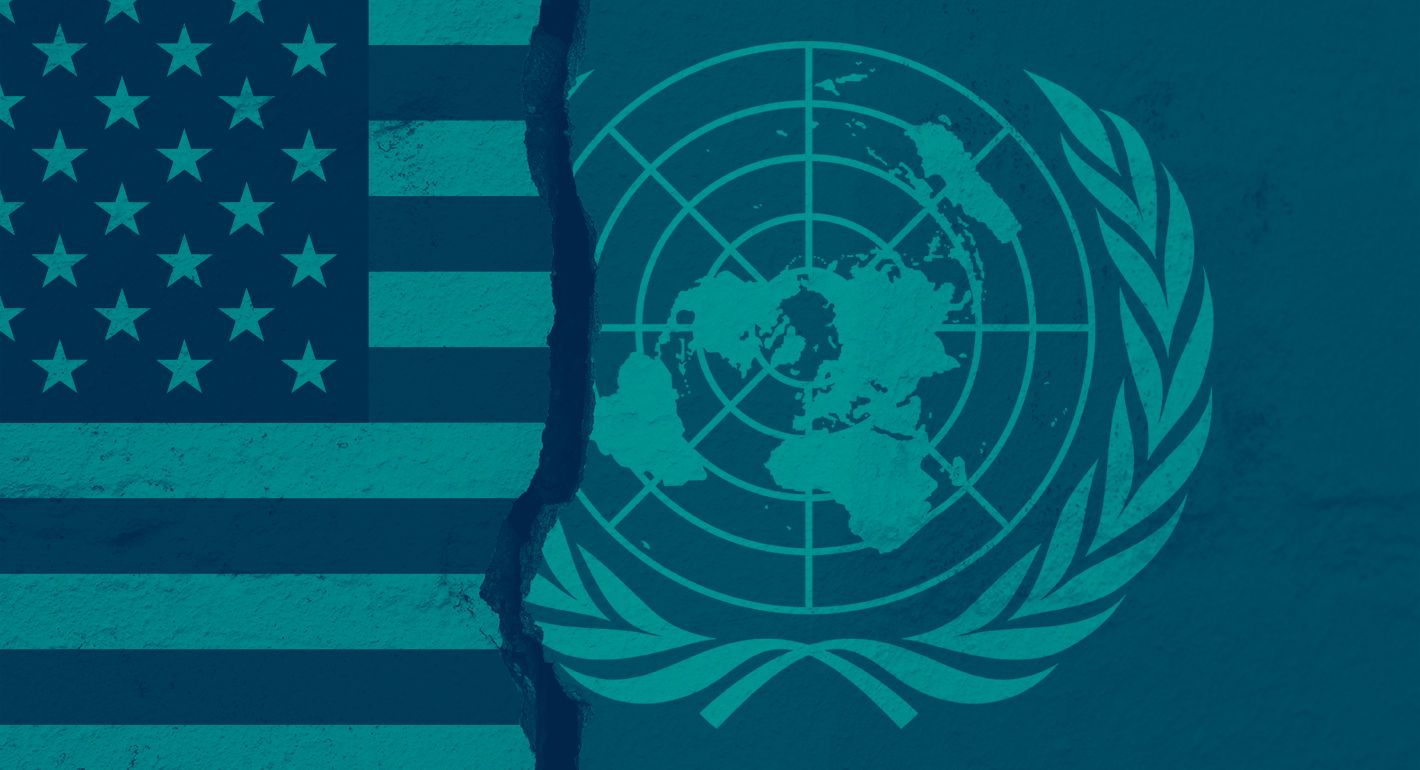Registration
You will receive an email confirming your registration.
The global humanitarian system is in deep crisis: underfunded, overstretched, and under attack. In January 2025, the United States, source of 40 percent of relief aid accounted for by the United Nations in 2024, abruptly paused its foreign aid, exacerbating the already yawning gap between global humanitarian needs and available funding. Secretary of State Marco Rubio has committed to continuing life-saving assistance aligned with an America First foreign policy agenda. But precisely what that means in practice remains unclear.
The immediate funding crisis is forcing dramatic adjustments at the United Nations, including cutbacks and layoffs. The UN Secretary-General has proposed a "New Humanitarian Compact" to integrate and streamline the work of multiple UN agencies involved in humanitarian operations. The crisis is also giving new momentum to long-discussed reform options to advance humanitarian action and principles in more complex operating environments.
What is the future of the humanitarian ecosystem without American leadership? How is the UN trying to adapt to Trump administration cuts? Will other countries and actors fill this financial vacuum? Does this moment of crisis present an opportunity to rethink models of humanitarian delivery to better respond to local needs and conflict dynamics, while remaining true to core principles of humanity, neutrality, impartiality, and independence?
To discuss these and other questions, please join Carnegie senior fellow Stewart Patrick for a conversation with Elizabeth Campbell, executive director of ODI Washington, Mary Mwangi, chief program officer for the Inkomoko Group, Jeremy Konyndyk, president of Refugees International, and Allison Lombardo, former U.S. deputy assistant secretary of state for international organization affairs.
